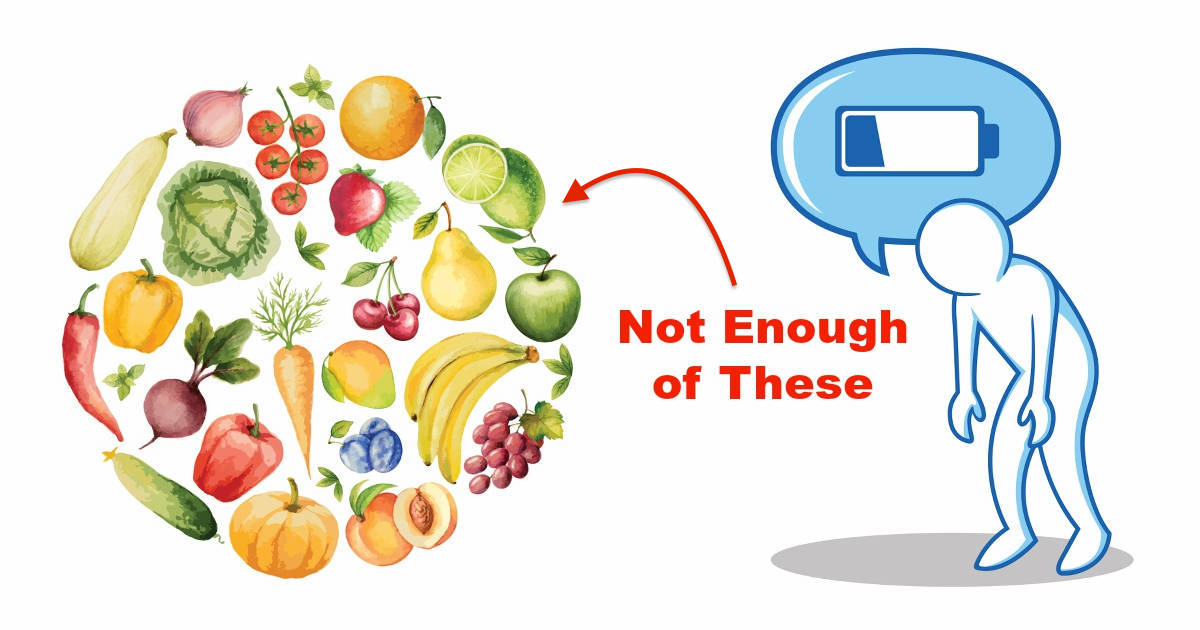Hey OwnPace Family,
Now that summer is done, over the next few weeks and months, we are really going to focus on fixing our diets because that’s one thing we all struggle with and EVERYONE can benefit from improving. Without a better relationship with food, and a better understanding of nutrition most of our training when it comes to body composition will be counter productive.
IF YOU ARE NOT EATING PROPERLY, YOU WILL NOT SEE ALL THE BENEFITS OF YOUR EXERCISE PROGRAM, WHICH CAN BE VERY FRUSTRATING.
I hear this a lot when clients come for their consultation, “I eat pretty good and I workout 2-3 times a week and I’m still not losing weight. This is where I show you why and how to go about fixing it.
We are going to take a step-by-step approach so we can properly OBSERVE, MEASURE & ADJUST things when necessary. In each phase, we are going to tackle one specific problem, provide the solutions and see how your body responds to it.
Phase 1: Identify and remove nutrient deficiencies
As most of you who personally train with me know, during the beginning stages of our training I normally say, “let’s ignore nutrition for now, especially calorie restriction/counting” and I follow up with giving general guidelines like eat more nutrient dense foods and drink more water.
Here is the reason why: what happens when you cut calories, eat the right portions, train 5 days a week and you are still not losing weight at the rate you expect? Think bout how that will make you feel. I’m guessing very frustrated and even annoyed.
So what could the issue possibly be? You guessed it: NUTRIENT DEFICIENCY.
Nutrient deficiency is an inadequate supply of essential nutrients (vitamins and minerals) in the diet resulting in malnutrition or disease. Basically, for your body to work properly it needs all the essential nutrients it requires to perform it functions. So if you want to lose or gain weight and you are lacking the nutrients the body requires to stimulate fat loss or weight gain, do you think it’s going to happen?
For example, you wouldn’t tell a dehydrated person to eat more protein because protein is not their deficiency, water is. So eating more protein won't fix their problem, that's why we have to find out what we are deficient in.
So how do we know what we are deficient in? There are 3 ways you can measure your nutrient deficiencies.
1. Clinical Assessment: This is the most accurate method but also the most expensive. This requires a medical/clinical professional such as your doctor or specialized labs to take blood, saliva or urine samples and testing them to see exactly what is going on in your body. Most insurance companies cover this so if you are very particular about your health, this is the best way to go. The greatest benefit to this is it takes out the guesswork. For example, if you are deficient in a fat burning hormone and don’t know it and you work out 5 days a week and eating very low calories and still not losing weight, even if you increase exercise and reduce calories further, you still might not see much difference. So, this is the 100% guaranteed way to know what you are deficient in.
2. Nutrient Analysis: This method is also very accurate; it’s done by taking a 3-day food record of what you normally eat and having it evaluated by a dietician/nutritionist. They can tell based on your food intake what nutrients you are deficient in and make appropriate recommendation
3. Online diet calculator: This is probably the most accessible method but also least accurate however still very helpful. This method involves using one of the many online/app diet calculators such as myfitnesspal, fitday and livestrong’s myplate. It’s similar to the nutrient analysis, however you don’t need to hire a dietician or nutritionist, you just input your data in the app and it tells you what nutrients you are getting from the foods you eating and what you are lacking.
Ok, so what can you do immediately to help fix your diet before you try one of these methods? Well based on our current diets and habits as a society. There are certain things we are all generally deficient in and if we can get these things in our diets we are off to a good start. They are
· Water: Water is about 60% of our body weight so that should tell you how important it is. Here are a few benefits of drinking enough water and an estimate of how much you should be drinking. Please note, on the days you have high activity levels, more water will be required.
· Vitamins and minerals: it’s always best to get your nutrients from real food but when it comes to vitamins and minerals, this is where supplementation plays a big role. Most of us don't eat well enough to get the vitamins and minerals we need from food, so supplementation is the great alternative choice.
· Protein:
· Essential fatty acids
In conclusion, one way or the other at some point you need to know what you are deficient in and make sure your body is functioning optimally. It’s like your car, when the gas light comes on you know it’s the gas because that’s a “macronutrient” but when the check engine light comes on you have to take it to a professional to run a diagnostic to tell you what’s wrong. Same rules apply here, but for now you can just make sure you are drinking enough water, getting your vitamins and minerals, eating your protein and essential fatty acids.
Nutrition comes down to making good food choices, 90% of the time you want to pick food that are nutritionally beneficial to you.

















